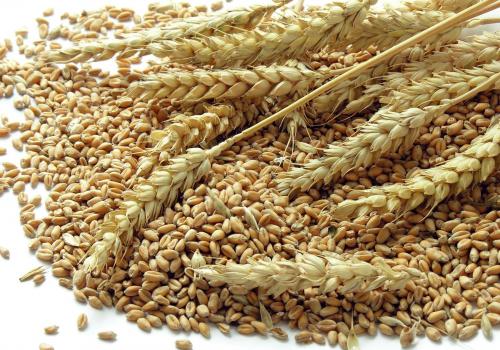Grain exporters look unlikely to accelerate shipments of Russian wheat before an export tax is implemented in mid-February, with farmers expected to be in no rush to release supplies, particularly given poor prospects for next year’s harvest. The planned levy has triggered volatility in international prices as the market has tried to figure out whether this could curb exports, or boost them, from leading supplier Russia. The tax, formally adopted on Tuesday as part of efforts to stabilise food prices, will add 25 euros ($30.46) a tonne on wheat exports from Feb. 15 until the end of the marketing season on June 30. There has been market talk of a short-term rise in Russia’s export sales so wheat can be shipped before the tax takes effect, but much less competitive offers of Russian wheat in a tender held by Egypt on Tuesday suggest that may not happen. After being reluctant sellers earlier in the season as they benefitted from high prices, farmers may now resist releasing grain more cheaply. “It’s in the hands of the Russian farmer,” Sebastien Poncelet of consultancy Agritel said.
A poor outlook for next year’s crop is making farmers wary of selling this year’s grain cheaply. Earlier this month Russia’s state weather forecaster said around 22% of winter grain sowings were in poor condition, the highest since 2013. Growers’ reticence to shoulder the tax through lower farmgate prices and merchants’ difficulty in passing on such costs in keenly contested export markets could slow shipments. The tax could reduce Russia’s 2020/21 wheat exports by 2-3 million tonnes, SovEcon agriculture consultancy said, which had previously projected 40.8 million tonnes. Relatively expensive prices of Russian wheat offered in Tuesday’s tender by Egypt, the world’s biggest importer and a major buyer of Russian grain, showed exporters are wary. “Exporters will not flood the market with wheat,” Noel Fryer, analyst and publisher of Fryers Reports, said.
Many who made sales and then struggled to secure supply from farmers “got badly burned early in the season... and they will not make the same mistake again.” With the year-end holidays approaching and export sales already contracted into February, the fallout from the export tax may not become clear immediately. “Russian farmers need time to digest the hit,” a European trader said. “The export tax and quota have all happened so quickly that sellers in Russia are in a bit of a state of shock.”
